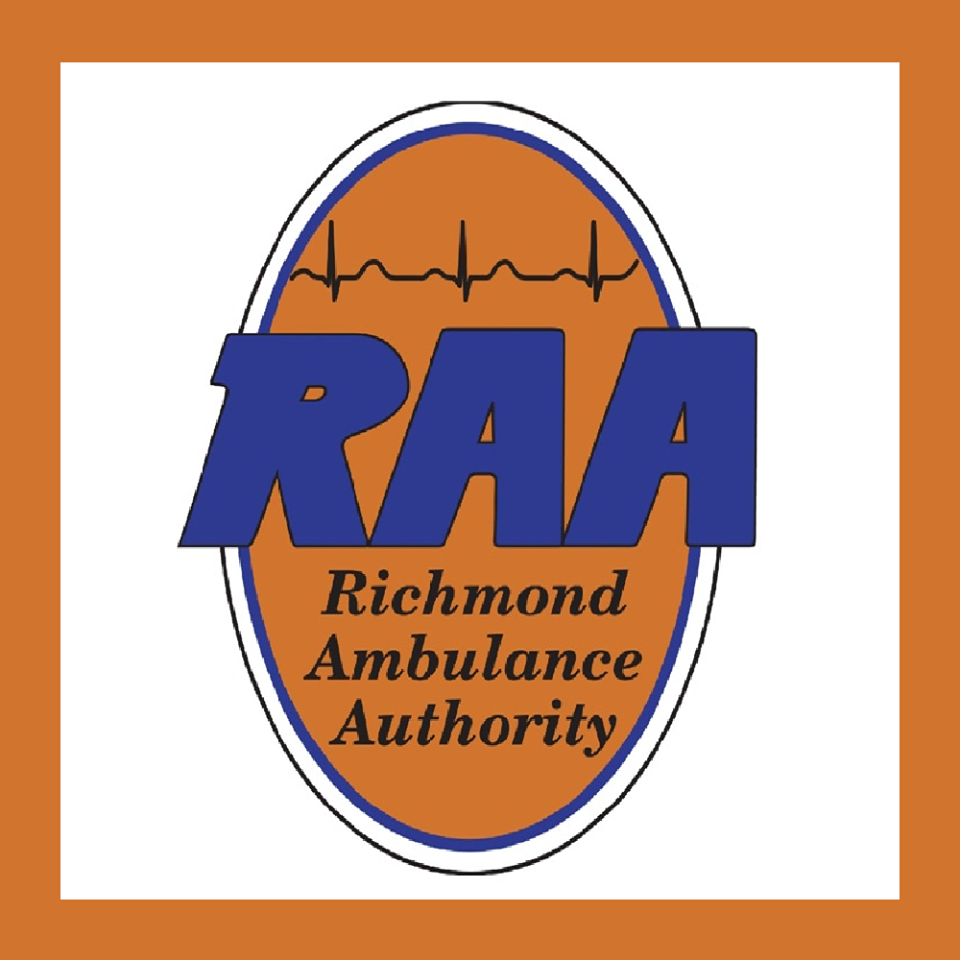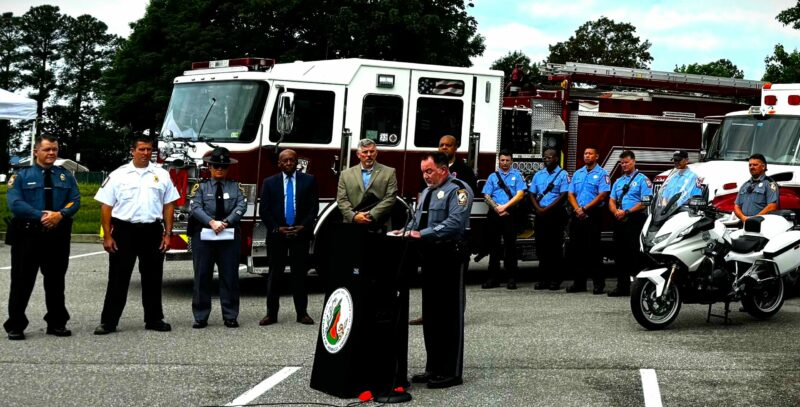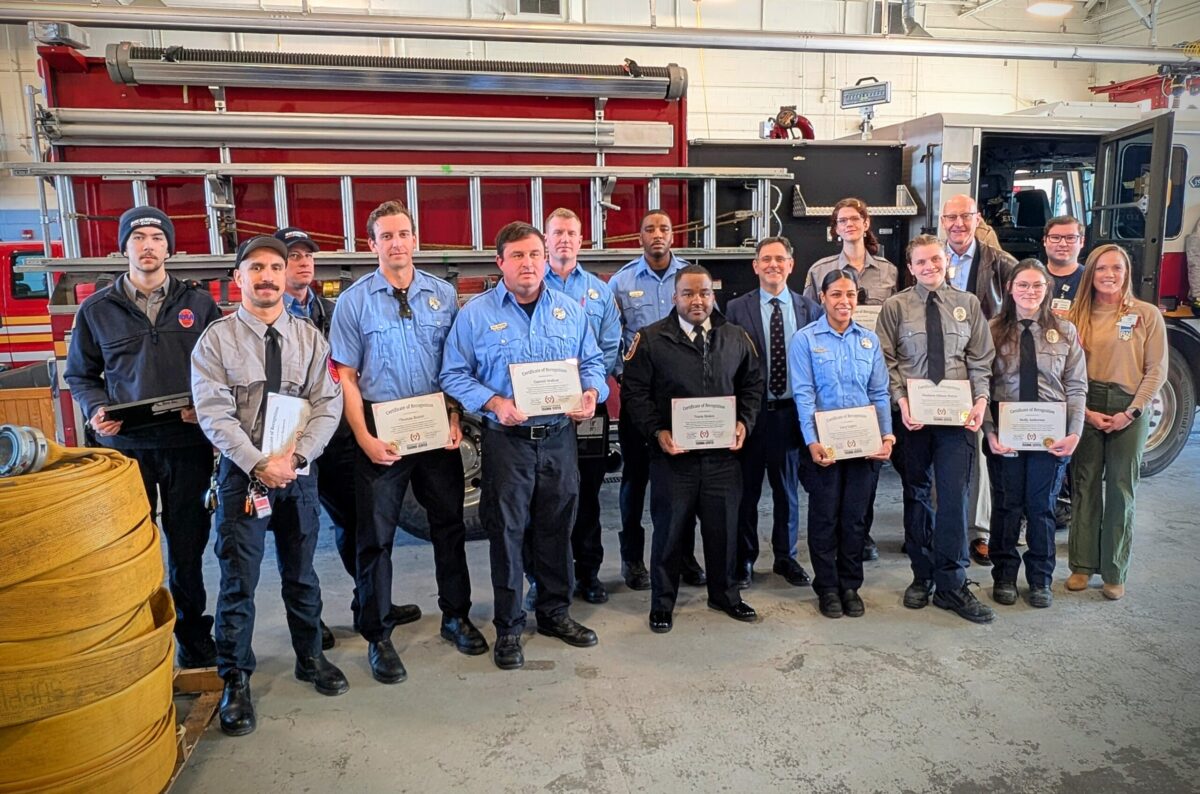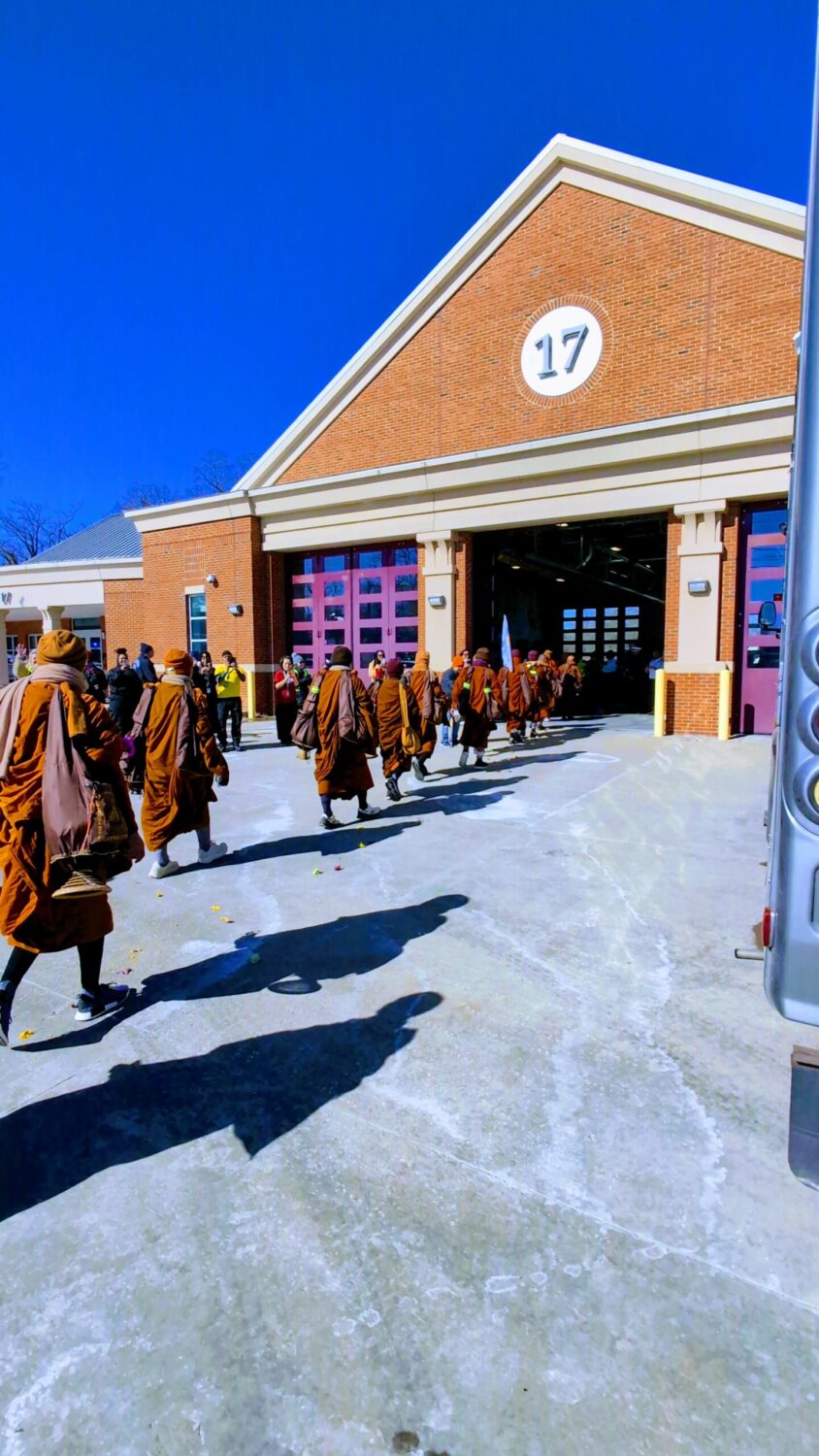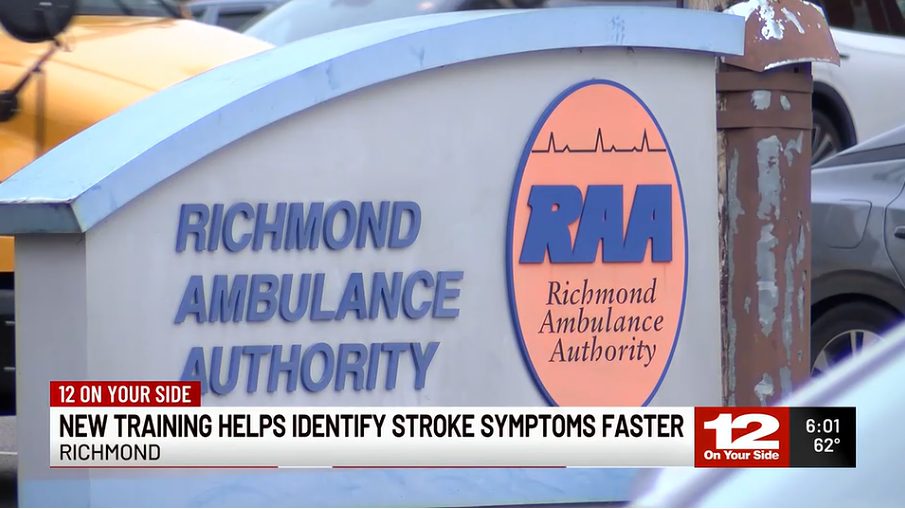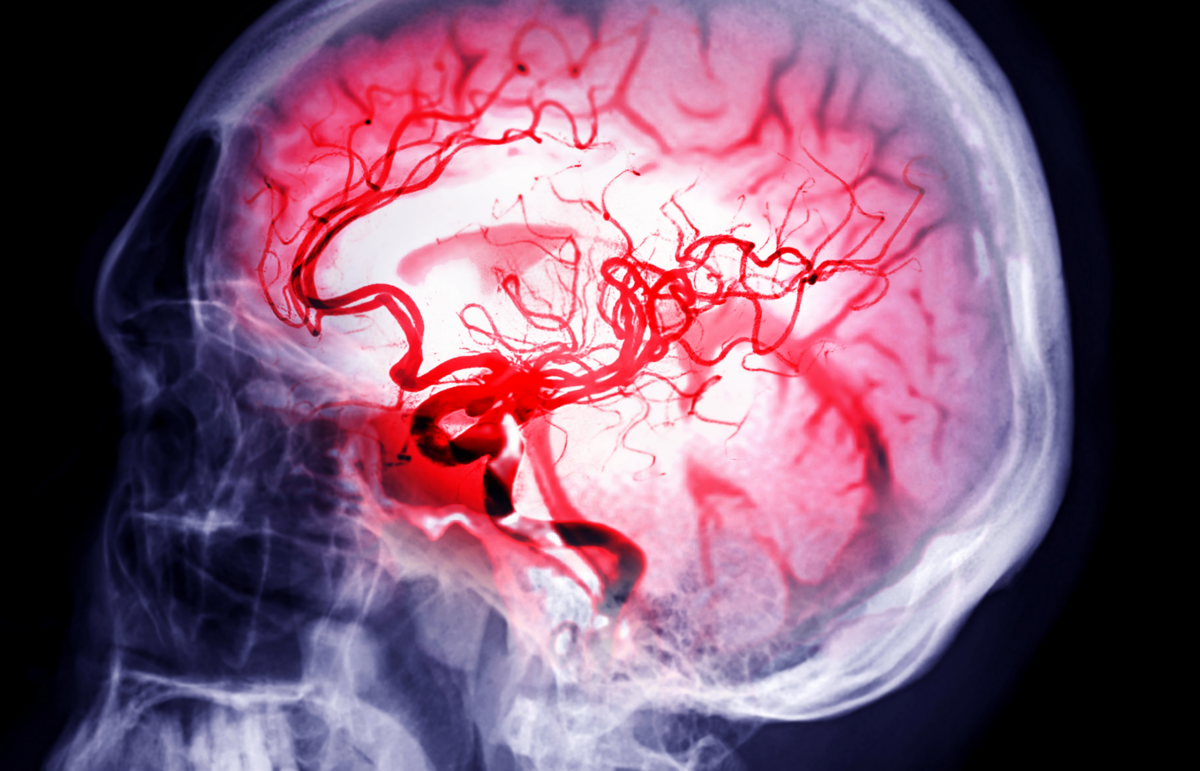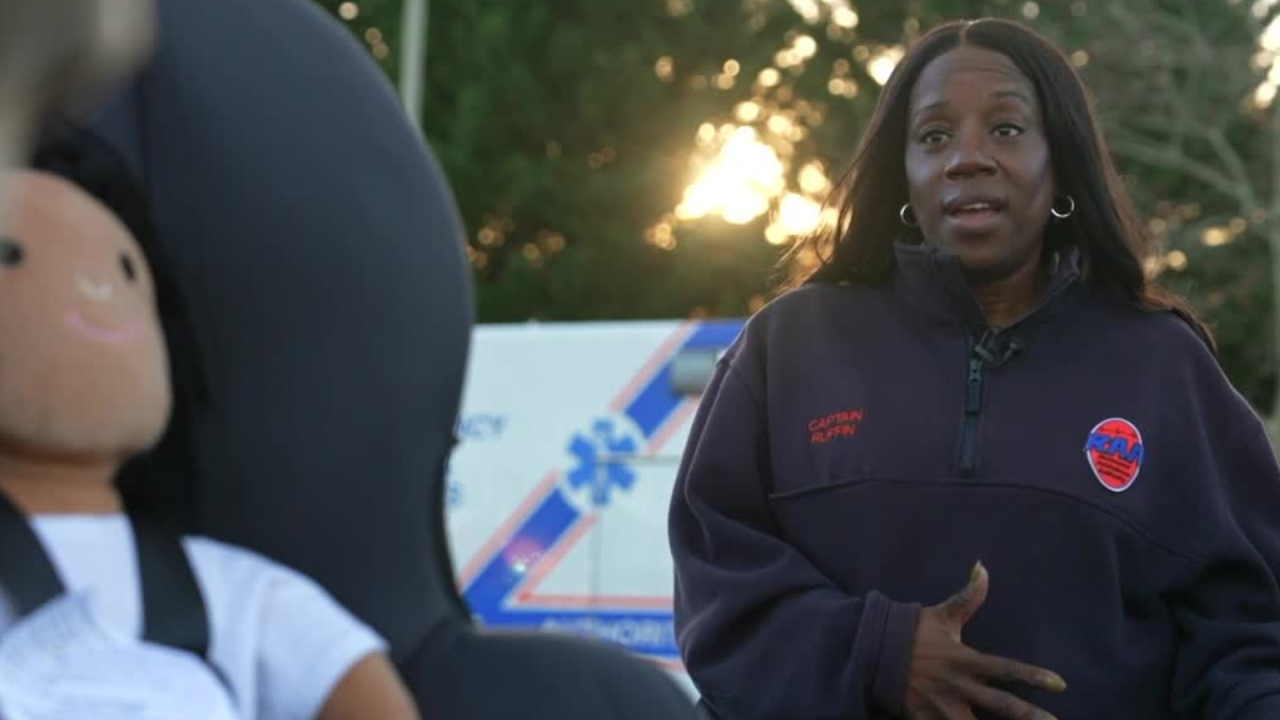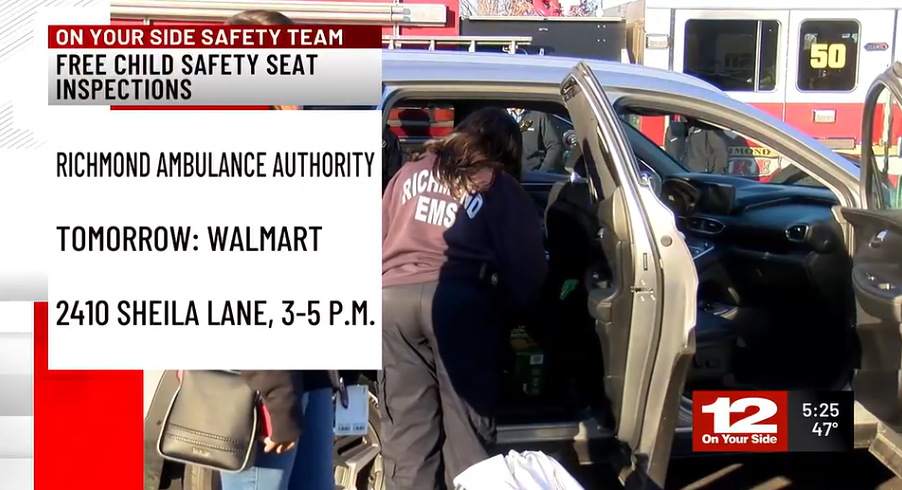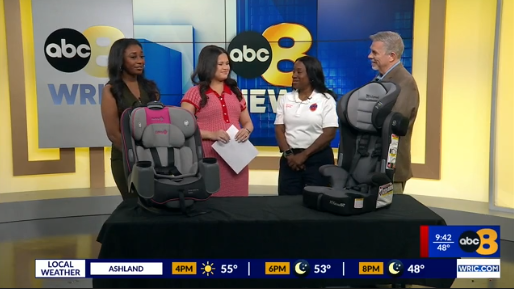May Is Motorcycle Safety Awareness Month
RICHMOND, VA (May 9, 2024) – The last few days have felt like summer, resulting in more and more motorcyclists on the roadways. In the last 10 years, registered motorcycles have increased 14%, according to the National Safety Council (NSC). While riding can be fun and liberating, it is not without its dangers. May is National Motorcycle Safety Awareness Month and it’s a good reminder for drivers to take precautions when driving around motorcycles and to Share the Road safely and responsibly. Motorcyclists are encouraged to take advantage of the Rider Alert program, launched by Richmond Ambulance Authority (RAA) in 2011, to help share vital medical information with first responders following a crash.
According to data from the National Highway Traffic Safety Administration (NHTSA), motorcycle riders continue to be overrepresented in fatal traffic crashes. In 2022, there were 6,218 motorcyclists killed — 15% of all traffic fatalities. This is the highest number of motorcyclists killed since at least 1975. Of the motorcycle operators involved in fatal crashes in 2022, 35% were riding without valid motorcycle licenses.
“The number of motorcyclists killed continues to be troubling, especially with motorcyclists representing 15% of all traffic fatalities on our nation’s roadways,” says Morgan Dean, spokesperson for AAA Mid-Atlantic in Virginia. To ensure the safety of all road users, AAA, RAA , and other traffic safety advocates are urging drivers and motorcyclists to share the road and be alert by limiting and avoiding distractions.
According to the National Safety Council, in 2022, although motorcycles made up only three percent of all registered vehicles and less than one percent (0.7%) of all vehicle miles traveled in the United States, motorcyclists accounted for nearly 15% of all traffic fatalities and 3.5% of all injuries.
2021 NSC Motorcycle Fatality Trends indicate the majority of motorcyclist fatalities occurred:
- On urban roads (66%)
- In good weather (94%)
- During daytime (50%)
- In crashes involving two vehicles (55%)
- When wearing helmets (60%)
Virginia Statistics
In 2022 in Virginia, there were 2,053 motorcycle-involved crashes, resulting in 113 deaths, with 111 of the fatalities being motorcyclists or a passenger on a motorcycle, according to the Virginia Department of Motor Vehicles. There were also 1,677 injuries in motorcycle-related crashes, with more than half of them listed as serious injuries. Along with motorcycle crashes, there were also 259 crashes involving mopeds in Virginia in 2022, with nine riders being killed.
Helmet Use
Helmet use continues to be significantly higher in states that require all motorcyclists to be helmeted than in states without a helmet requirement. According to the National Occupant Protection Use Survey (NOPUS), use of Department of Transportation (DOT)-compliant helmets by all motorcyclists (riders and passengers) was 66.5% in 2022, a slight increase from 64.9% in 2021. Motorcycle helmets are estimated to be 37% effective in preventing fatal injuries to motorcycle operators and 41% effective for motorcycle passengers. “Motorcyclists are also reminded of their responsibility to keep themselves as safe as possible by following the rules of the road, wearing a DOT-compliant helmet, being visible to other drivers, and never driving while impaired,” add Dean.
Motorcycle helmet laws vary by state. In Virginia, helmets are required by all riders, along with goggles or an approved windshield. It’s everyone’s responsibility — both the motor vehicle driver and the motorcyclist — to practice safe habits on the road and, ultimately, to Share the Road.
Rider Alert
RAA in partnership with the Department of Motor Vehicles (DMV) and Bon Secours, launched the Rider Alert motorcycle safety program in Richmond, Virginia, on April 12, 2011. The program, designed to help save lives, provides free identification data cards that can help first responders by providing rapid and accurate medical information about motorcyclists involved in serious crashes.
Rider Alert cards are placed inside riders’ helmets and contain vital, life-saving information, emergency contact and any important medical history. When first responders arrive on the scene of a motorcycle crash, a one-inch, round decal on the outside of the helmet will indicate that the biker has the Rider Alert card. The sticker also warns bystanders not to remove the helmet, which could prevent further injury.
Since its launch, the Rider Alert program has provided tens of thousands of decals and cards to motorcycle riders and clubs across the country. The decals and cards are provided free of charge. Anyone interested in learning more about the program or interested in requesting decals and cards from RAA can visit www.rideralert.org
AAA Mid-Atlantic Shares Tips for Sharing the Road
Safety Tips for Motorists
- Share the road. A motorcycle has the same privileges as any other vehicle on the road. Be courteous and give the motorcyclist a full lane of travel.
- Look out. Look for motorcyclists on the highway, especially at intersections when a cyclist may be making a turn or changing lanes. Clearly signal your intentions.
- Anticipate a motorcyclist’s maneuvers. Obstructions (debris, potholes, etc.) that you may ignore or not notice can be deadly for a motorcyclist. Anticipate their possible evasive actions.
- Allow plenty of space. Do not follow a motorcycle too closely. Allow enough room for the motorcyclist to take evasive actions.
Safety Tips for Motorcyclists
- Make yourself visible. Choose protective gear that provides visibility and protection. This includes wearing bright colors. If riding at night, wear clothing with reflective materials.
- Allow space. Position your bike in the lane so that you can be seen. Allow additional space for emergency braking and room to maneuver. Avoid riding in a motorist’s blind spot. Make lane changes gradually and use appropriate signaling.
- Never share a lane beside a car. A driver may be unaware of your presence. Most drivers are looking for larger vehicles, not motorcycles.
- Clearly signal your intentions. Use turn signals before changing lanes and never weave between lanes.
- Complete a motorcycle rider education and training course. The overwhelming majority of motorcyclists have had no formal training – they were self-taught or learned from family and friends. Get professional training on how to be a defensive driving motorcyclist. DMV’s website has a full list of motorcycle training courses offered all across the state.
- Wear protective gear.
- Helmet – Always wear a U.S. DOT-approved helmet. It can save your life and it is the law.
- Eye protection – Visibility is key to riding safely. Many motorcycles do not have windshields. Riders should protect their eyes with goggles that can shield the face from wind and debris, both of which can cause tearing and, blurred vision.
- Body Protection – Jackets with long sleeves and trousers protect limbs from injury.
- Gloves – Durable gloves should be a non-slip type to permit a firm grip on controls.
- Footwear – Proper over-the-ankles footwear should be worn to help prevent injuries.
About the Richmond Ambulance Authority:
In 1991, the Richmond City Council and the City Manager implemented an Emergency Medical Services (EMS) system that placed the patient first and guaranteed its performance to the City’s residents. Today, the Richmond Ambulance Authority responds to nearly 200 calls per day and transports, on average, 150 patients per day. RAA is one of only 32 EMS agencies in the United States accredited by both the Commission on the Accreditation of Ambulance Services and the International Academies of Emergency Dispatch. RAA is also a Commonwealth of Virginia Accredited Dispatch Center. RAA’s staff has consistently received local, state, and national recognition for their work in EMS. In 2023, RAA staff members were recognized by the Old Dominion EMS Alliance (ODEMSA) in two categories at the ODEMSA Regional Awards.
About AAA:
AAA provides automotive, travel, and insurance services to more than 64 million members nationwide and more than 1,000,000 members in Virginia. AAA advocates for the safety and mobility of its members and has been committed to outstanding road service for more than 100 years. AAA is a non-stock, membership corporation working on behalf of motorists, who can map a route, find local gas prices and electric vehicle charging stations, discover discounts, book a hotel, and track their roadside assistance service with the AAA Mobile app (AAA.com/mobile) for iPhone, iPad and Android. For more information on joining or renewing a Membership, visit www.AAA.com.
